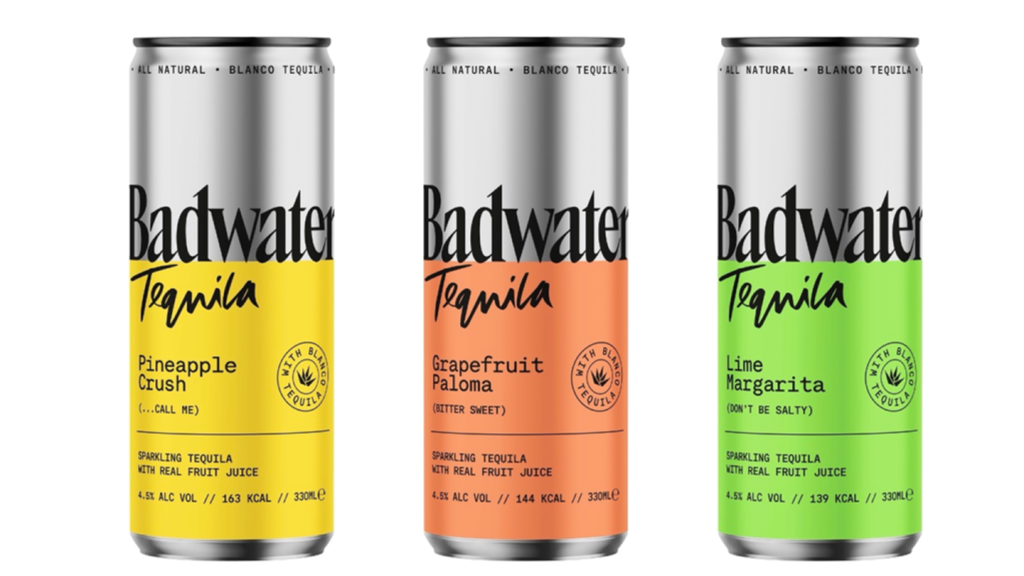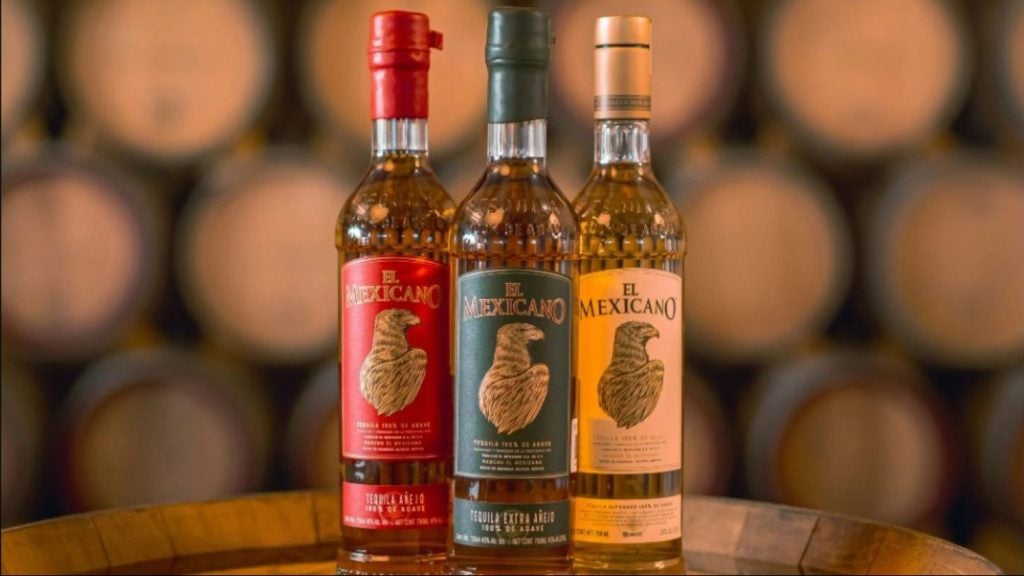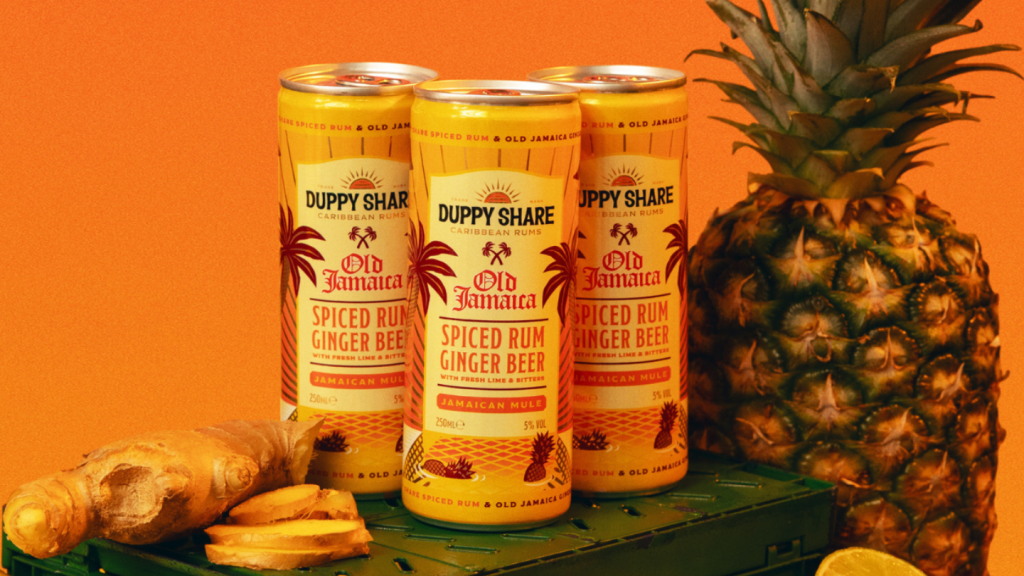 Tequila suffers from serious image problems as well as recent higher production costs, but now the government has established new benchmark regulations and Mexican producers have discovered a new dynamism. Owain Johnson reports.
Tequila suffers from serious image problems as well as recent higher production costs, but now the government has established new benchmark regulations and Mexican producers have discovered a new dynamism. Owain Johnson reports.
Think of Mexico’s national spirit Tequila, and all too often its image as the drink of choice for ‘slammers’ or shots that comes to mind. Unsurprisingly, this is a far cry from the image that Mexico’s proud Tequila producers wish to convey to the world, and moves are finally afoot that aim to shed this image and to move tequila firmly upmarket.
Mexico’s Tequila Regulatory Council has been lobbying the national government for some time to take positive measures to boost the status of Tequila. In particular, the council had asked the government to approve quality guarantees in response to an increase in sales of fake or adulterated Tequila abroad, which are damaging the spirit’s international reputation.
The Mexican government’s response, which was announced in early August, was unequivocal and far-reaching. From 1 January 2004, the Mexican authorities will only permit the export of packaged Tequila with certificates of origin.
Although producers and exporters will have until 2005 before the ban on uncertified exports is fully applied, the move marks a major shift of emphasis for the industry. In the first six months of 2003, only 27% of Tequila exports were packaged and had certificates of origin, while the remaining 73% were bulk liquid exports.
Certificates of origin will from next year only be granted to Tequila produced in the western states of Nayarit, Guanajuato, Michoacán and Jalisco, as well as the northern states of Tamaulipas. Furthermore, Tequila will not be allowed to leave these zones unless it is properly packaged and labelled.
How well do you really know your competitors?
Access the most comprehensive Company Profiles on the market, powered by GlobalData. Save hours of research. Gain competitive edge.

Thank you!
Your download email will arrive shortly
Not ready to buy yet? Download a free sample
We are confident about the unique quality of our Company Profiles. However, we want you to make the most beneficial decision for your business, so we offer a free sample that you can download by submitting the below form
By GlobalDataThe move has gathered widespread approval, even from smaller producers, who expect to see higher profits outweigh their higher costs. Bulk sales of Tequila generate an average of 52.5 pesos (US$4.78) per litre, compared to the 126 pesos (US$11.48) per litre generated by packaged products.
María Guadalupe Contreras, the general manager of the Acatlán Tequila Company, said: “Of course, we’re affected by the cost of bottles, cases, bottle tops, extra staff and everything else, but it will generate more profitability, and also it’ll mean the product has our name on it.”
Her company, which exports 75% of its Gallo de Oro and Emperador Azteca brands to Canada, the USA and UK, is particularly looking forward to gaining greater control over its tequila production.
“It’s better that the product will go out packaged because when you send a container off, God only knows what they are going to add to it when it comes to the moment of truth,” Contreras says.
Mexico’s Tequila producers hope that, by showing that Mexico has official rules in place governing Tequila production, it will be easier for the Mexican authorities to win greater international protection for the spirit as a recognised trademark.
The new regulations are intended to act as a boost to Mexican Tequila producers after a disappointing first half of 2003. Domestic consumption of Tequila, which accounts for around 40% of total sales, slumped significantly earlier this year, after the per kilo price of agave, the cactus which is the primary ingredient of tequila, rose around 50% compared to last year.
Producers opted to pass the higher prices on to consumers, but saw Tequila priced out of the reach of many of its traditional purchasers. “Imagine we are having a party at home, we head to the store and then wonder whether to buy one bottle of Tequila or, for the same price, three other bottles, even including imports,” the president of the National Chamber of the Tequila Industry, Eduardo Orendain, says.
|
Orendain warns that Tequila producers cannot afford to be complacent given the surge in imports of low-cost vodka, rum and brandy. But the industry spokesman remains extremely confident that Mexico’s trademark spirit is finally on the right path. The new regulations will boost standards throughout the sector, he argues, and he points out that the national government has already succeeded in reaching an agreement this year guaranteeing the tequila trademark with a number of Asian countries, including Japan.
There certainly seems to be an awareness that the Tequila brand has been neglected for too long. Market leader José Cuervo, which has a 42% share of the world Tequila market, is about to invest US$9m in developing tourism in the formerly neglected village of Tequila, in the Jalisco region, which it will promote as the home of Tequila in the hope of attracting large numbers of tourists from the USA.
Meanwhile, the industry also hopes to win back the younger generation of drinkers, many of whom have turned to vodka, which has a more glamorous image, by introducing flavoured Tequilas. As part of the new reform package, the Mexican government has given its approval to the production of Tequila with fruit flavours from 1 January 2004 onwards.
“In general, there is a consensus that this will appeal to a niche market where we are not currently present. Our idea is to preserve our existing market and to capture new palates,” Orendain said.
How readily the largely traditionalist Tequila industry will be able to adapt to changing consumer tastes remains to be seen. But with the adoption of the new government regulations, the first and most important step towards modernisation has already been taken. And there is certainly a growing determination to reinvigorate the industry and to make the most of tequila’s unique characteristics.







